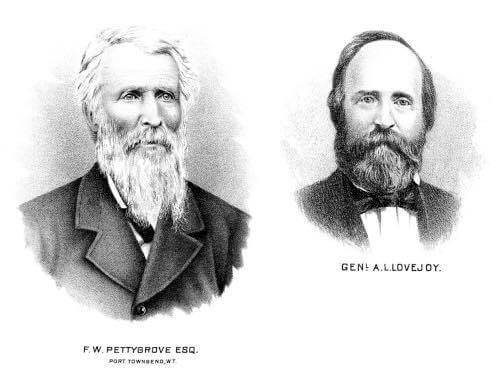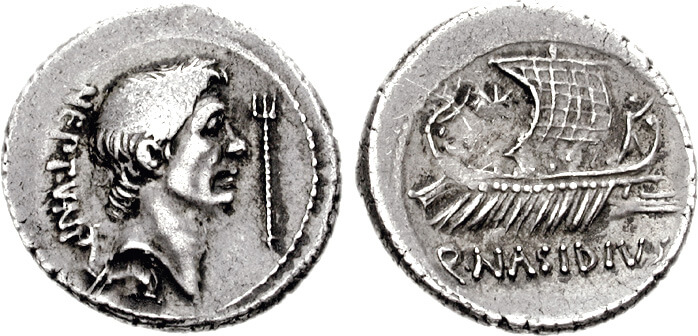The naming of a city is often a matter of historical significance, geographical features, or the vision of its founders. In the case of Portland, Oregon, it came down to a simple game of chance. The story of its naming is a perfect example of how a single coin flip can have a lasting impact, shaping the identity of a major American metropolis for centuries to come.
 In 1845, the settlement that would become Portland was a small, promising clearing on the banks of the Willamette River. Its two primary landowners were Asa Lovejoy, a lawyer from the sophisticated city of Boston, Massachusetts, and Francis Pettygrove, a merchant from the more industrial town of Portland, Maine. Both men were ambitious and saw great potential in the new townsite, but they had a fundamental disagreement: what to call it. Each founder, loyal to his roots, was determined to name the new city after his own hometown.
In 1845, the settlement that would become Portland was a small, promising clearing on the banks of the Willamette River. Its two primary landowners were Asa Lovejoy, a lawyer from the sophisticated city of Boston, Massachusetts, and Francis Pettygrove, a merchant from the more industrial town of Portland, Maine. Both men were ambitious and saw great potential in the new townsite, but they had a fundamental disagreement: what to call it. Each founder, loyal to his roots, was determined to name the new city after his own hometown.
After much debate and no resolution, they agreed to settle the matter in the most impartial way they knew: a best two-out-of-three coin toss. The flip took place in the parlor of a mutual friend's home. Using a large U.S. copper penny from 1835, the two men let fate decide. Francis Pettygrove won the toss, and the new settlement was officially named Portland. Had the penny landed differently, visitors today might be flying into Boston International Airport, Oregon, to visit the "City of Roses."


